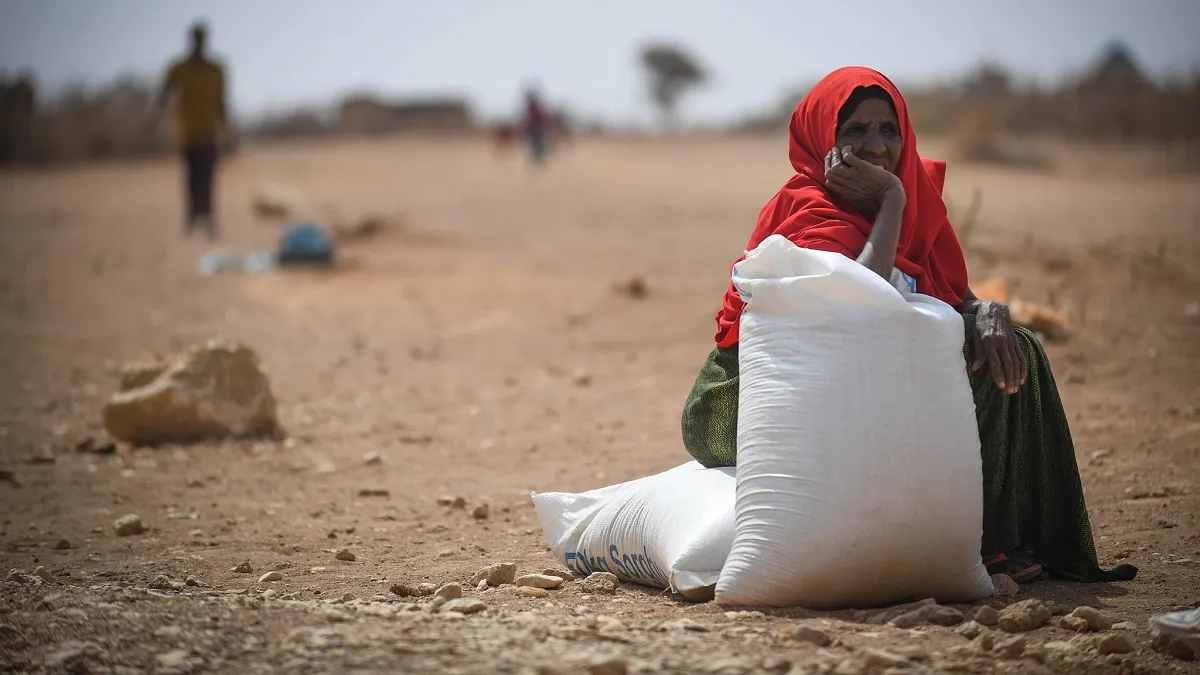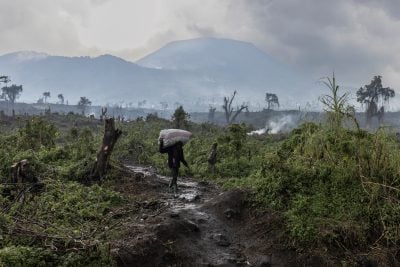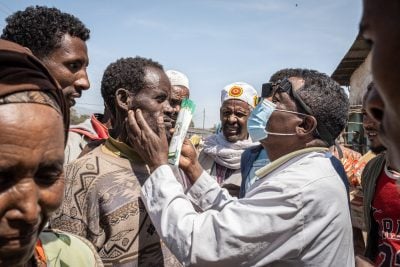The United Nations Conference on Trade and Development (UNCTAD) emphasised today the imperative for reforms of the international financial architecture (IFA) to specifically target the financing requirements of the world’s 46 least developed countries (LDCs), 33 of which are in Africa.
“There is a growing realization that the prevailing IFA is ill-suited both to dealing with systemic shocks and, more fundamentally, to mobilizing resources for the LDCs at the required scale,” says UNCTAD’s Least Developed Countries Report 2023.
According to the report, fiscal constraints in LDCs pose a severe threat to their ability to implement crucial development policies, potentially derailing progress towards the UN Sustainable Development Goals (SDGs) and a low-carbon transition.
The report underlines the substantial financing needs of LDCs for structural transformation, meaning a shift towards high-productivity activities and sectors, which is necessary for them to meet the SDGs. Pre-pandemic estimates revealed an annual investment requirement exceeding $1 trillion for LDCs to double their manufacturing share in GDP.
UNCTAD emphasises the inadequacy of current external financing for LDCs, which is marred by economic and political conditionalities, inefficiency, and high costs. The report calls for a substantial increase in development and climate finance, including grants and low-cost loans under highly concessional conditions.
The report underscores the escalating debt service burden, impeding public expenditure crucial for SDG achievement. To enhance fiscal space, UNCTAD calls on bilateral donors to meet their commitments by increasing official development assistance to these countries to levels targeted in international agreements.
It also identifies the upcoming launch of the Loss and Damage Fund at COP28 as a “potential game-changer” for LDCs.
‘Entrenched bias’ in credit ratings
The report highlights an “entrenched bias” on the part of credit ratings agencies which “suggests that their sovereign ratings are often based more on subjective assessments than on ‘fundamental’ variables related to debt sustainability.”
Noting that “a detailed analysis of ratings for African countries revealed evidence of likely significant misestimations of risk by the world’s leading credit agencies” the report argues that “imbalances in the international financial system cause LDCs to bear the brunt of the costs of the global low-carbon transition.”
Addressing the debt crisis and strengthening state capacity
UNCTAD emphasises the need for a lasting solution to the debt crisis, including improved debt management, transparent debt contracts, and the establishment of an efficient debt workout mechanism.
The report also calls on the international community to support LDCs in strengthening their state capacity to raise taxes, manage fiscal resources, and execute long-term spending on development projects and climate adaptation.
Debt service in LDCs soared to $27bn in 2021, a staggering 37% increase from $20bn in the preceding year.
Want to continue reading? Subscribe today.
You've read all your free articles for this month! Subscribe now to enjoy full access to our content.
Digital Monthly
£8.00 / month
Receive full unlimited access to our articles, opinions, podcasts and more.
Digital Yearly
£70.00 / year
Our best value offer - save £26 and gain access to all of our digital content for an entire year!


 Sign in with Google
Sign in with Google 





